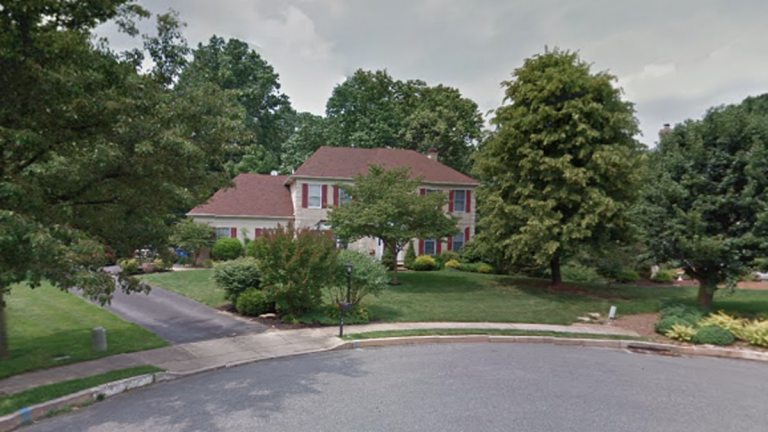Murder-suicide does not have to be disclosed in house sale, Pa. high court says
Listen
The Delaware County home at the center of a recent PA Supreme Courtruling. A woman who purchased the home sued because she wasn't toldthat in 2006 a man killed his wife and himself in the house. (Image via Google Street View)
When a potential buyer checks out a house where a high-profile murder happened, is the real estate agent required to disclose that gruesome past?
The Pennsylvania Supreme Court has decided the answer is “no.”
The case, Milliken v. Jacono, centers on a Delaware County home where a man shot his wife and then killed himself in February 2006. A few months later, Kathleen and Joseph Jacono bought the house in Thornton, fixed it up and then resold it. But the Jaconos didn’t tell the new buyer about the crime.
That new owner, Janet Milliken, then sued the Jaconos, saying she should have been told about the murder-suicide.
Lawyer Abe Reich represented RE/MAX, the real estate agency that sold the house.
“People will think, and I understand it, ‘Oh my God, I would be horrified if I bought a house where there was a murder suicide and no one told me about it!'” he said.
Reich is happy with the state Supreme Court’s decision. “They concluded that a murder-suicide was not a material defect in the property and, therefore, there was no duty to disclose it,” he said.
If sellers and real estate agents were required to disclose a murder-suicide, Reich said, it would be difficult to know where to draw the line on disclosure for other tragedies that occurred in a home.
“While murder-suicide may be offensive to a potential buyer, other psychological stigmas may be equally or more offensive — whether someone is an ax murderer that lives in the house or whether there was a suicide alone,” he said.
Reich said some states, including California, require real estate agents to disclose “psychological stigma” events, such as a recent murder.
So what’s the takeaway for homebuyers? He said when shopping for a house, it’s wise to ask if a crime happened there — because the seller is legally required to answer such a direct question.
WHYY is your source for fact-based, in-depth journalism and information. As a nonprofit organization, we rely on financial support from readers like you. Please give today.




